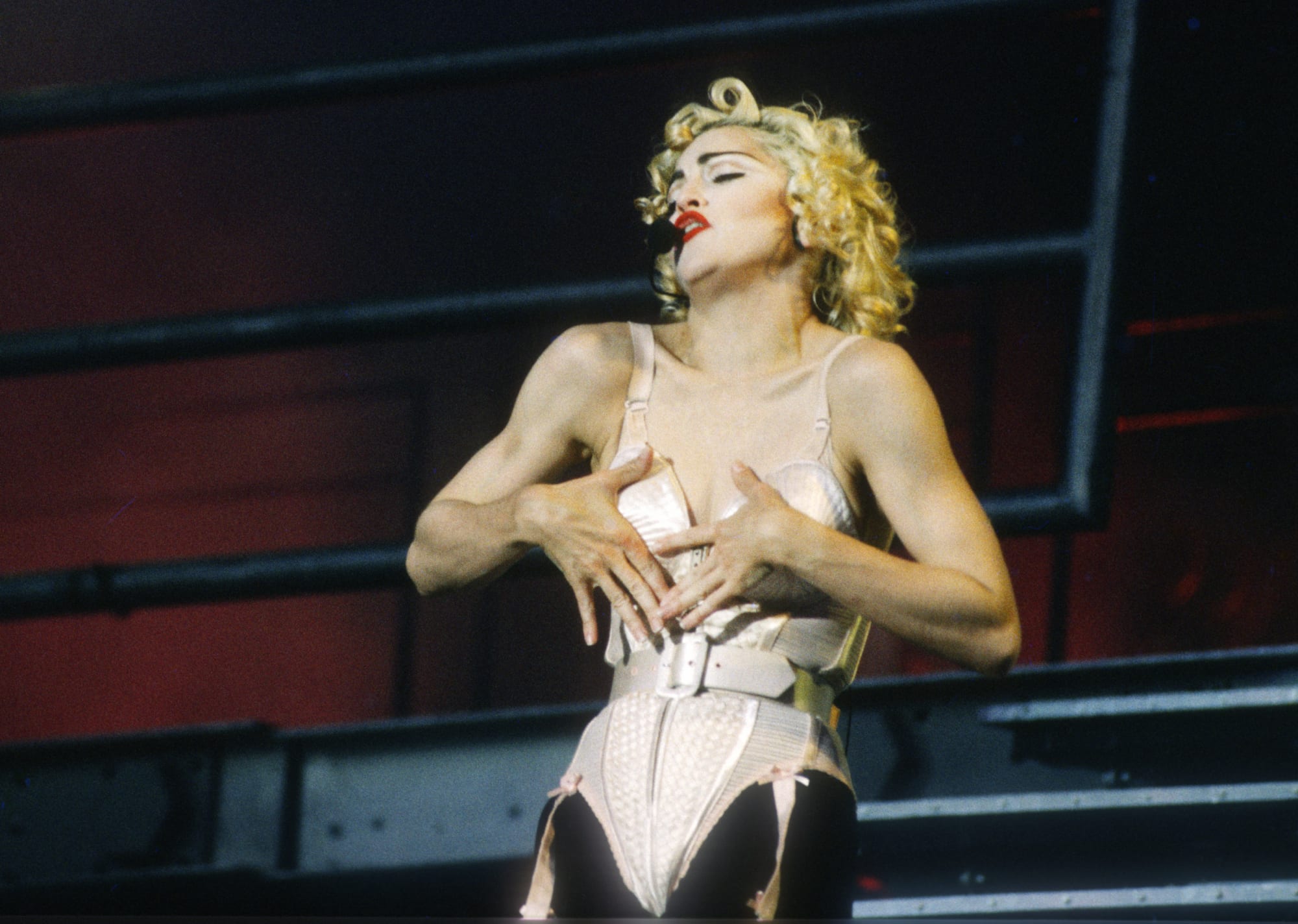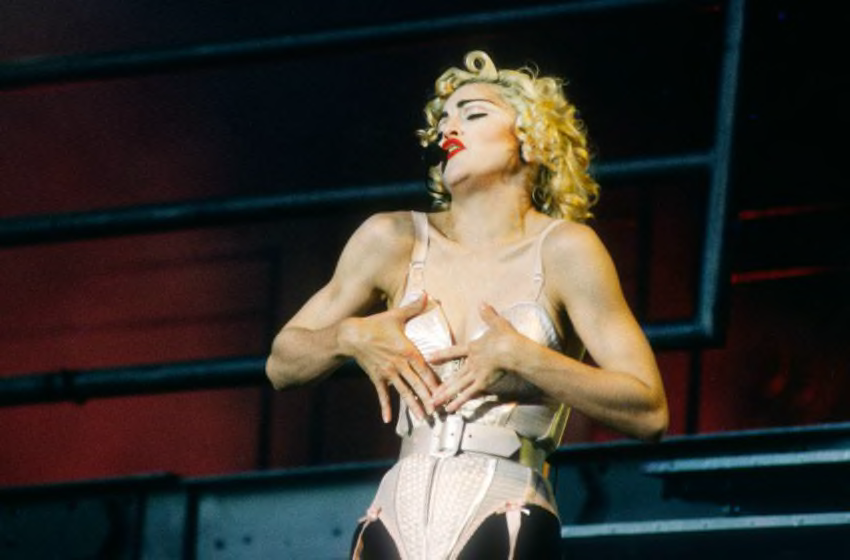
fortnite balls lyrics
Mega sus i sh#t on the floor (yeah!) fortnite balls steph curry, n#gg#. About press copyright contact us creators advertise developers terms privacy policy & safety how youtube works test new features press copyright contact us creators. Edp did 9/11 free bill cosby balls joseph, hotdog water fortnite balls.

Blonde Ambition Tour, Madonna, Feyenoord Stadion, De Kuip, Rotterdam, Holland, 24/07/1990. She is wearing a Jean Paul Gaultier conical bra corset. (Photo by Gie Knaeps/Getty Images)
Madonna’s hit single “Vogue” became a worldwide phenomenon, but was it also the product of cultural appropriation?
Madonna is the type of icon who has transcended generations. Maybe you grew up listening to her, or maybe you grew up with your parents playing her music, but no matter what, she has remained present in the pop music canon for nearly 40 years. She’s been dubbed the Queen of Reinvention and, most importantly, the Queen of Pop. Even though others have tried to take her crown, and some, like Britney Spears, have come close (and earned her own moniker as the Princess of Pop), nobody has quite matched her success or her impact on pop culture.
When you think of Madonna, there are a few songs that probably stick out the most, “Vogue” being one of them. It’s one of the pop icon’s most recognizable and successful singles of all time, with a meteoric rise, as well as controversial roots.
For those who don’t know, “vogue” is a type of stylized dance that originated in the New York ballroom scene in the 1980s. The ballroom scene in New York had an eclectic mix of performers from diverse backgrounds, mostly black and Latinx members of the LGBTQ community. The dance style was inspired by both high-fashion models in magazines like it’s namesake magazine, Vogue, as well as Ancient Egyptian hieroglyphics. While the exact roots of the dance are disputed, it’s clear that it stems from queer people of color in the ball scene.
When Madonna was a rising star in New York, she often frequented dance clubs, which is where she learned about voguing. Dancers (and members of the ball scene’s House of Xtravaganza) Jose Gutierez Xtravaganza and Luis Xtravaganza introduced her to the dance style at the Sound Factory, a club in New York City. Thus the inspiration for the song was born, and Madonna brought Jose and Luis on to help choreograph the music video and eventually travelled the world with her on the Blonde Ambition Tour.
With the release of “Vogue” on March 27, 1990 and the subsequent music video (directed by David Fincher), voguing went from being an underground movement to a worldwide phenomenon. The song went to number one in over 30 countries and became Madonna’s best-selling single in the United States. Suddenly, everyone was voguing, but probably didn’t realize the cultural significance it had in the queer community. Though Madonna never claimed to invent it, it still left a sour taste in the mouths of many LGBTQ people of color.
For some, Madonna becoming the face of voguing was just another example of a straight white woman taking from a culture that wasn’t theirs and getting all the credit. Suddenly, men, women and children around the world were voguing (or at least their watered down attempts at it) and Madonna was reaping the benefits of the success. But the queer black and Latinx ball performers were still left disenfranchised, and when Madonna moved on to her next era, voguing was made out to be a fad instead of the livelihood of many underground performers even to this day.
When you look back at the situation, though, is Madonna the one to blame? It’s a complicated case of cultural appropriation where the artist seemingly took all the appropriate steps, she appreciated the culture and made sure to give credit where credit is due. After all, she was inspired by the ball scene itself, she worked with two dancers from the scene, hired them for the video and even brought them on tour with her. But does that make it right, and if not, how could she have navigated that situation differently?
It’s also crucial to remember Madonna’s status as a gay icon and her history of support for the LGBTQ community. She has always used her voice to uplift the queer community, even early on in her career during the AIDS crisis, when it could have harmed her career to do so. While her capitalizing on voguing may look like a calculated move by yet another culture vulture, it genuinely seems like it was her being surrounded by this culture and wanting to embrace it with the utmost respect. But that’s just one perspective, and with so many diverse voices in the queer community, it’s important to listen to each side of the argument.
This isn’t to say we shouldn’t celebrate “Vogue” as the groundbreaking single that it was, or continue to rank the video as one of the best of all time. It’s just important to look at it and remember the queer POC that allowed for that song and video to happen, the ones who continued to struggle even when Madonna was on to her next success.